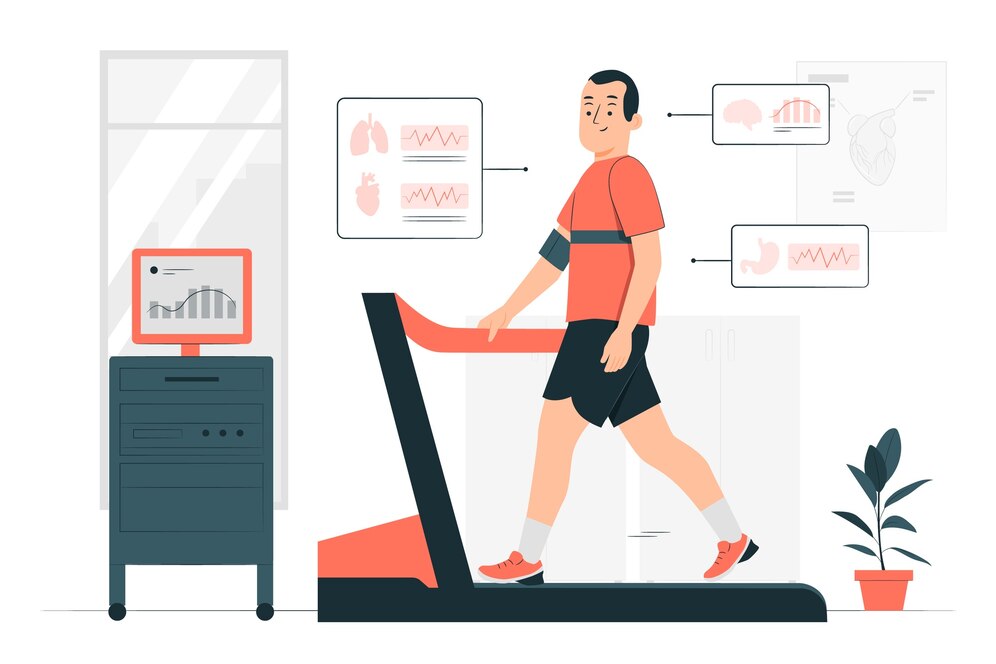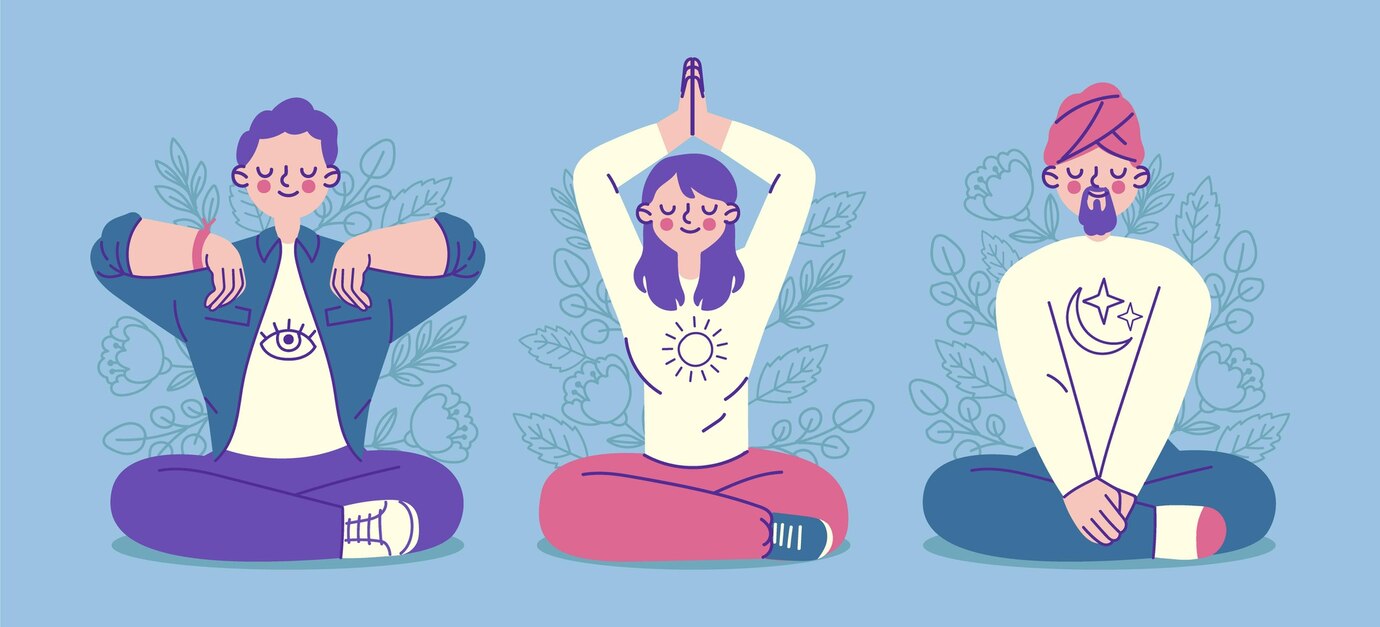Why Your Daily Habits Hold the Key to Mental Wellness
With 1 in 5 adults struggling with depression and 75% facing daily stress, mental health is essential. But what if the answer lies not in prescriptions, but daily habits?
Depression and stress aren’t just “bad moods.” They’re complex conditions rooted in biology, environment, and psychology. While professional help is irreplaceable for severe cases, research shows that daily habits can act as a shield against these mental health challenges. In this guide, we’ll explore the science behind depression and stress, decode their symptoms, and reveal 10 actionable routines to help you reclaim control.
Understanding Depression and Stress: The Silent Epidemic
What Are Depression and Stress?
- Depression: A persistent feeling of sadness, hopelessness, or emptiness that disrupts daily life. It’s not just “feeling down”—it’s a chemical imbalance in the brain affecting serotonin, dopamine, and norepinephrine.
- Stress: The body’s reaction to perceived threats, triggering cortisol and adrenaline. Chronic stress keeps these hormones elevated, damaging physical and mental health over time.
The Root Causes of Depression and Stress
- Biological Factors: Genetics, hormonal changes (e.g., thyroid issues), and inflammation.
- Environmental Triggers: Trauma, loneliness, financial strain, or a high-pressure job.
- Psychological Patterns: Negative self-talk, perfectionism, or unresolved emotional wounds.
Recognizing the Symptoms: When to Take Action
Emotional Signs of Depression:
- Loss of interest in hobbies
- Irritability or guilt
- Suicidal thoughts
Physical Signs of Stress:
- Headaches, digestive issues
- Insomnia or fatigue
- Weakened immune system
Behavioral Red Flags:
- Social withdrawal
- Overeating or substance abuse
- Procrastination or recklessness
If these symptoms persist for weeks, seek professional help. For others, adopting the habits below can be transformative.
10 Habits and Routines to Protect Your Mental Health
1. Move Your Body: Exercise as a Natural Antidepressant
Why It Works: Exercise boosts endorphins (the “feel-good” hormones), reduces inflammation, and promotes neuroplasticity—the brain’s ability to rewire itself. Studies show it’s as effective as antidepressants for mild to moderate depression.
How to Start:
- Aim for 30 minutes daily (walking, dancing, yoga).
- Try “green exercise” (outdoor activities) for added mood benefits.

2. Prioritize Sleep: The Brain’s Reset Button
Why It Works: Poor sleep disrupts emotional regulation and increases cortisol. During deep sleep, the brain flushes out toxins linked to Alzheimer’s and depression.
Action Steps:
- Stick to a consistent sleep schedule.
- Avoid screens 1 hour before bed; opt for reading or meditation.

3. Practice Mindfulness: Rewire Your Brain’s Stress Response
Why It Works: Mindfulness reduces activity in the amygdala (the brain’s fear center) and strengthens the prefrontal cortex (responsible for rational thinking). A 2016 Johns Hopkins study found mindfulness meditation reduces anxiety by 39%.
Simple Routine:
- Spend 10 minutes daily focusing on your breath.
- Use apps like Headspace for guided sessions.
4. Cultivate Strong Social Connections
Why It Works: Loneliness increases cortisol levels and inflammation. Meaningful relationships release oxytocin, a hormone that counteracts stress.
Tips:
- Schedule weekly calls or meetups with friends.
- Join clubs or volunteer to meet like-minded people.
5. Eat for Your Gut-Brain Axis
Why It Works: 90% of serotonin is produced in the gut. A diet high in processed foods harms gut bacteria, worsening anxiety and depression.
Key Foods:
- Fermented foods (kimchi, kefir)
- Omega-3s (salmon, walnuts)
- Leafy greens (rich in magnesium).
6. Spend Time in Nature: The Ultimate Stress Reliever
Why It Works: Nature lowers cortisol, reduces rumination, and increases creativity. A 2019 Stanford study found 20 minutes in a park significantly lowers stress hormones.
Ideas:
- Take a “forest bath” (slow, mindful walks in nature).
- Grow plants or keep a nature journal.

7. Master the Art of Gratitude Journaling
Why It Works: Gratitude shifts focus from scarcity to abundance, activating the brain’s reward system. A 2003 study linked daily gratitude practices to 10% higher happiness levels.
How:
- Write 3 things you’re grateful for each morning.
- Reflect on small joys, like a good meal or a friend’s smile.
8. Set Boundaries with Technology
Why It Works: Constant notifications spike cortisol, while social media fuels comparison and FOMO (fear of missing out).
Fix:
- Use app blockers (e.g., Freedom) during work or family time.
- Designate “tech-free zones” (e.g., the dinner table).
9. Engage in Creative Hobbies
Why It Works: Creativity lowers stress by inducing a “flow state,” where the mind is fully immersed and calm. Painting, cooking, or playing music can act as emotional outlets.
Try:
- Dedicate 30 minutes daily to a hobby you love.
- Experiment with new activities (pottery, gardening).
10. Seek Professional Support Early
Why It Works: Therapists provide evidence-based tools (CBT, DBT) to reframe negative thought patterns. Medication may be necessary for chemical imbalances.
Break the Stigma:
- Think of therapy as “mental fitness training.”
- Use online platforms like BetterHelp for convenience.
Small Steps, Lifelong Resilience
Depression and stress thrive in isolation and stagnation. By adopting these habits, you’re not just “coping”—you’re building a lifestyle that fosters joy, connection, and resilience. Start with one or two routines, track your progress, and celebrate small wins. Remember, mental health is a journey, not a destination.
Which habit will you try first? Share your commitment in the comments below.


